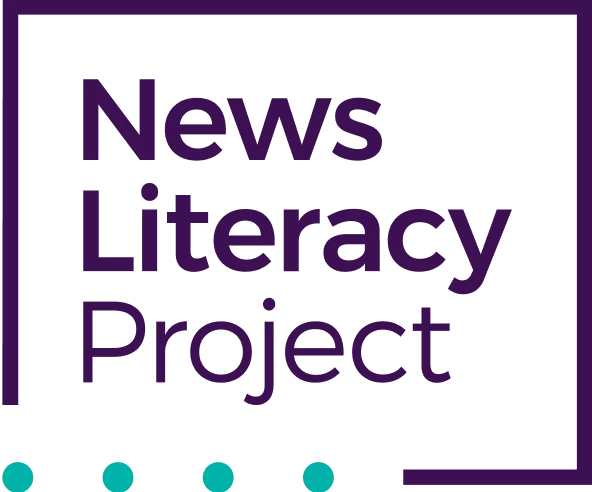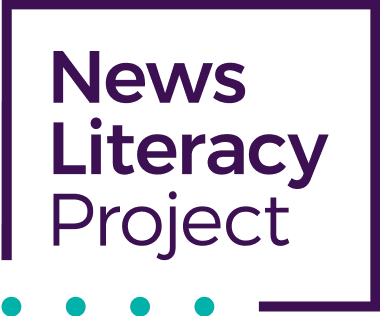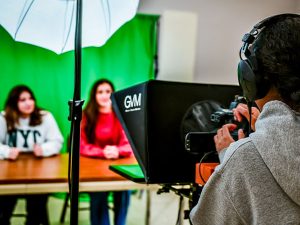A reimagined Checkology®: More power in our fight for facts
As the urgency grows for a more news-literate nation, so does demand grow for the News Literacy Project. And today we are more prepared than ever to meet that demand: I’m thrilled to announce the launch of version 2.0 of our Checkology virtual classroom, an expansion made possible thanks to a $1 million grant from the Facebook Journalism Project.
When we introduced the Checkology platform in May 2016, we knew that it would be a powerful way to achieve the goal I set 10 years ago when I founded the News Literacy Project — to give students the skills to become informed and active participants in the civic life of their communities. And powerful it has been: Checkology has proved to be a sophisticated tool to teach students how to assess the flood of information that hits us every day … to separate fact from fiction … to know what to trust, share and act on.
Version 2.0 of Checkology hones the tools that we know are working. It includes new lessons on teacher-requested topics, along with the voices of even more journalists. This update also improves the ways that educators can customize the curriculum to meet their own objectives and their classrooms’ needs.
I’d like to highlight some of our new resources:
- In a lesson on press freedoms around the world, NPR’s Soraya Sarhaddi Nelson explains the ways through which governments can restrict or weaken the press. The lesson also includes videos of journalists recounting their experiences reporting in several countries with varying degrees of press freedom.
- Kimberley Strassel, a member of The Wall Street Journal’s editorial board, hosts a lesson on arguments and evidence, walking students through the virtual experience of an event and its aftermath — raw footage, viral rumors and contradictory claims — that students must then evaluate.
- The Check Tool expands to become the Check Center. Through four key areas, this resource helps students learn to incorporate new ways to think critically about what they encounter online.
Checkology continues to shine a light on crucial aspects of the Information Age and democracy through its lessons about the First Amendment, the role of algorithms in personalizing what we see, and categories of information. In short, it reflects every aspect of what it means to be news-literate today, offering students absorbing ways to learn in real-world settings.
Our partnership with the Facebook Journalism Project is also enabling us to create what we’re calling a “global playbook” for news literacy. The News Literacy Project will offer guidelines and guidance to 10 organizations that are building news literacy efforts in 10 countries. We’ll be telling you more about that soon.
I invite you to check out these lessons — “InfoZones” (categorizing information), “Democracy’s Watchdog” (investigative journalism) and “Practicing Quality Journalism” (covering a breaking news event) — then tell us what you think by emailing us at support@checkology.org. (And if you’re an educator, please register for an account!)





